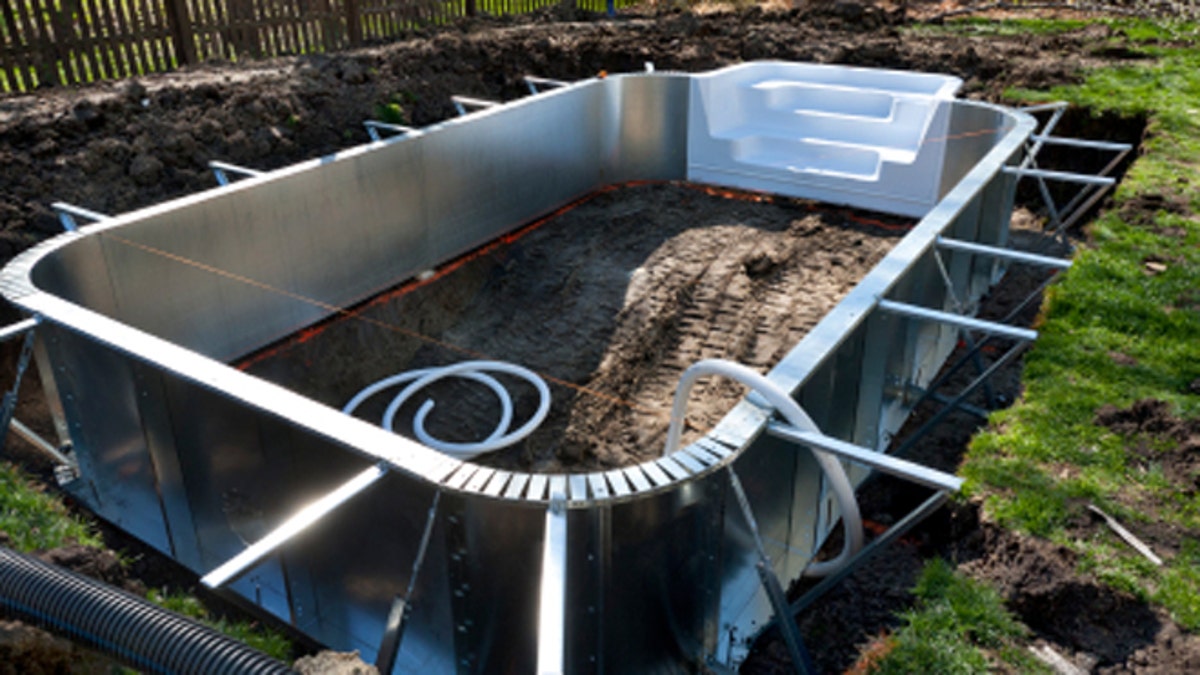
Don’t dive right in to buying a swimming pool! You have to decide whether you want to purchase an in-ground or above ground pool before you start inflating those inner tubes. Here are some factors that will influence your decision:
Practicality
The first step is to identify why you want a pool. What function will it serve, and who will be using it? In-ground pools can be more dangerous, especially if you have pets or small children. However, do not purchase an above ground pool if you want to practice diving. Above ground pools are too shallow for diving and any kind of head-first jumping can lead to catastrophic consequences.
The size and shape of some backyards make installing an in-ground pool impossible. Above ground pools are designed in a variety of shapes and sizes, so you should be able to find one that matches your dimensional needs. Above ground pools do not have the same level of commitment as in-ground pools. If you want, you can break down an above ground pool and take it with you when you move. The new residents of your home can get rid of an above ground pool easily, while it would take more effort to fill in an in-ground pool.
Climate can also influence you decision. The Better Business Bureau suggests building your in-ground pool at the end of the summer, meaning you will be able to use it in the spring. If you live someplace where it is warm all year, you can choose to install your pool whenever you want. Above ground pools, on the other hand, only take a few days to set up, so you can take advantage of them right away rather than having to wait. Temperature regulation is also harder for above-ground pools.
Cost
Above ground pools are generally less expensive than in-ground pools. They require less installation, excavation, supply and labor costs. In-ground pools may be taxed as property improvements while above-ground pools may not, so check out the situation in your state.
All pools require a certain level of upkeep, and costs extend beyond the initial price of putting in the pool. You will need to buy a filter, steps or ladders of some kind and a surface cleaner. Then you have to decide if you will buy a heater for the pool, and what kind of cover you will use. Keep in mind that you will have to buy chemicals and treat your pool so it is safe for swimming. Look into the different degrees of dedication the pool varieties require. There are many kinds of in-ground pools, so you will have to compare the prices and benefits of aluminum, concrete, fiberglass and vinyl-lined pools.
Appearance
The potentially unsightly appearance of an above ground pool is one if its main drawbacks. It might look awkward in your yard and can impact the value of your home. In-ground pools can increase your home’s value and may be a selling point. However, in-ground pools may require expensive landscaping and outside renovations. You may want to add outside lights for nighttime swims, or build a deck to complement the pool. If you weren’t already planning on it, you might be required by law to enclose the pool area with a fence. This will provide privacy and act as a safety measure.
Weigh the pros and cons of in-ground and above ground pools and pick the best one for your situation. Either way, you will end up with your own backyard spot for fun in the sun.